Exploring the types of firewall
Firewall protection is a basic way to protect your business from cyber threats.
A firewall can keep your device safe from hackers that may try and access your network while connected to the internet, as it examines incoming electronic data.
Our Cyber Essentials checklist recommends that you “use a firewall to secure your internet connection” and whether you are using the internet via a personal or business device, it is vital that you understand how a firewall works and how it can protect your data.
Firewalls explained
It’s quite simple. If you want to improve the levels of cyber security throughout your business, then you must secure your internet connection.
This can be done by implementing a firewall that will create what’s known in the IT world as a ‘buffer zone’.
A firewall is a safe space between your business’s IT network and other external networks that could pose cyber risks. Within this space, your firewall provider will assess any incoming traffic and figure out whether it is safe or not.
Implementing a firewall should be your first port of call when strengthening your cyber security, as it has been the first line of defence in network security for over 25 years. This basic cyber security measure could save your business time and money as a cyber attack can be extremely costly.
It is worth taking the time to learn more about how firewalls can be used to protect your devices from hackers. We explain the different ways firewalls can protect your business against cyber threats below.

What is a Firewall?
A Firewall can block insecure or unnecessary services that may contain viruses. It can be formed as hardware, software, or both.
It acts as a safe space or ‘buffer zone’ between your IT network and the wider internet. If any website or traffic your organisation comes across is unsafe, the firewall will block your organisation from accessing it or at least warn you of the harmful content.
Popular examples of firewalls are Proxy Server firewalls, which mask your IP address and limit certain traffic types. Think of the perimeter defence as a boundary between your IT network and other external networks which filters all the bad or potentially harmful content out.
Why is a Firewall necessary?
A firewall can protect your device as it prohibits traffic that doesn’t meet a predetermined set of criteria from accessing your data.
A Firewall can protect against malware, ‘malicious software’. Ransomware, a form of malware, can be incredibly dangerous as it can make data unusable until the victim makes a pays a ransom to access their data.
Do I need a firewall?
Yes, implementing a firewall is a basic way that your organisation can protect itself from cyber threats.
The Cyber Essentials Scheme requires all devices that are connected to the internet to be protected with a firewall. Cyber Essentials encourages organisations to adopt good practice in information security and is recognised by the UK and the National Cyber Security Centre.
Since 2014, by law, all suppliers must be compliant with Cyber Essentials controls if bidding for government contracts which involve the handling of sensitive and personal information and provision of certain technical products and services.
Cyber Essentials Certification requires “that you use and configure a firewall to protect all your devices, particularly those that connect to public or other untrusted Wi-Fi networks. This applies to all devices including boundary firewalls, desktop computers, laptop computers, tablets, routers and servers.”
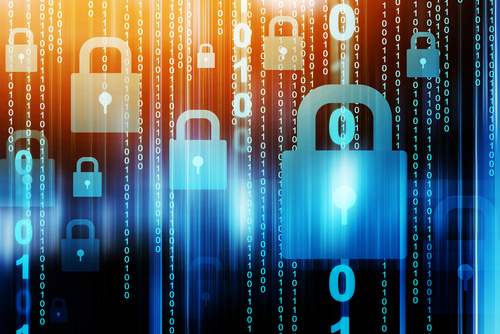
Firewall protection
No organisation is immune from cyber attacks. All organisations of all sizes and operating in all industries can be targeted, whether they are charities or businesses, in the public sector or private sector. According to the Cyber Security Breaches Survey 2019, published in January 2019, 32% of businesses and 22% of charities identified cyber security breaches or attacks in the last 12 months.
In recent years the UK has seen significant growth in cyber criminality. This isn’t a localised problem as countries across the world have been targeted by cyber attacks such as high-profile ransomware campaigns, where personal data has been leaked on a massive scale.
Firewalls can prevent these kinds of attacks and stop cybercriminals from gaining access to personal information. Examples of threats which can be reduced by firewall protection include:
Backdoor Access
If a hacker gains backdoor access, this could cause a few problems for your business. This type of hack happens when the cybercriminal exploits any security holes or bugs that allow them to gain unauthorized control. Once backdoor access has been recognised, it doesn’t take an experienced hacker long to take advantage of this.
Remote Login Hijacking
Remote working is not uncommon for the modern workforce; however, it can put a business at risk. A remote desktop allows an employee to connect and control their device from another location over the internet. If a hacker can hijack the login, giving them access to your employee’s machine, they can then steal files and access sensitive data.
Email Abuse
Hackers will often target their victims via email, sending them thousands of emails to clog their inbox. These spam emails can contain cyber threats like viruses and malware.
Source Routing
In some cases, data packets pass through an online network, hitting multiple routers before reaching their destination. Hackers can take advantage of disguising data packets to make them look like they’re coming from a trusted source. Therefore, some firewalls disable source routing.
Types of Firewall
Many businesses want to optimise their cyber security protection without compromising network performance. Therefore, it is wise that you learn about the many different firewall types, so you can decide on what type is best suited to your business.
For example, a freelancer could use a personal firewall on their internet-connected laptop, in most cases this is included within the device’s Operating System (OS), at no extra charge. In contrast, if a business is using different types of devices, with many different users, its network will require a dedicated boundary firewall. This will give your business an extra layer of protection as it places a protective buffer around the wider network.
If you think you are protected but aren’t sure, always do your research. In some cases, routers contain a firewall. It is advised that you ask your internet service provider about your specific model to confirm this.
Unprotected and undecided about what type of firewall is suited to your business? We list the most common types of firewall below.
Packet-filtering firewalls
A packet-filtering firewall works extremely fast as it makes processing decisions based on network addresses, ports, or protocols. They do not do any internal inspection of the traffic or store any state information.
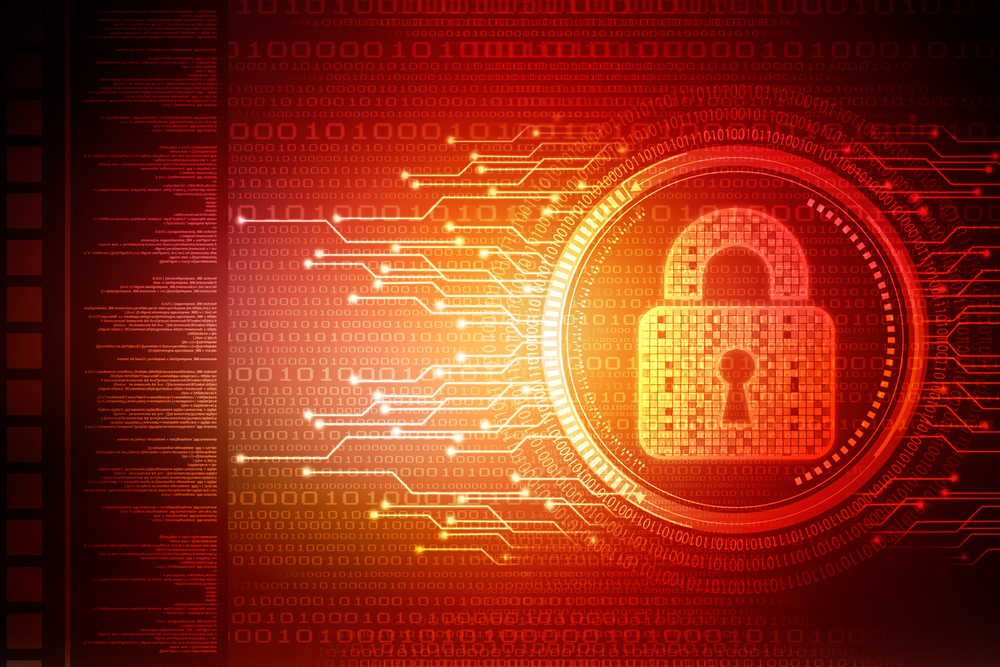
Circuit-level gateways
A circuit-level gateway is a type of firewall. The gateway operates at the transport layer of the Open Systems Interconnection (OSI) or internet reference models.
This firewall implements circuit-level filtering rather than packet-level filtering, as it checks the validity of connections within the transport layer.
A circuit-level gateway acts as a proxy and has similar advantages to application-level gateways. There are disadvantages of circuit-level gateways, for example, the absence of content filtering and the requirement for software modifications relating to the transport function.

Stateful inspection firewalls
Stateful inspection firewalls monitor the state of active connections. The information gathered is then used to determine which network packets are allowed through the firewall.
It is a modern version of firewall which has replaced an older technology. One of the benefits of this kind of firewall is that the network administrator can set the parameters to meet specific needs.
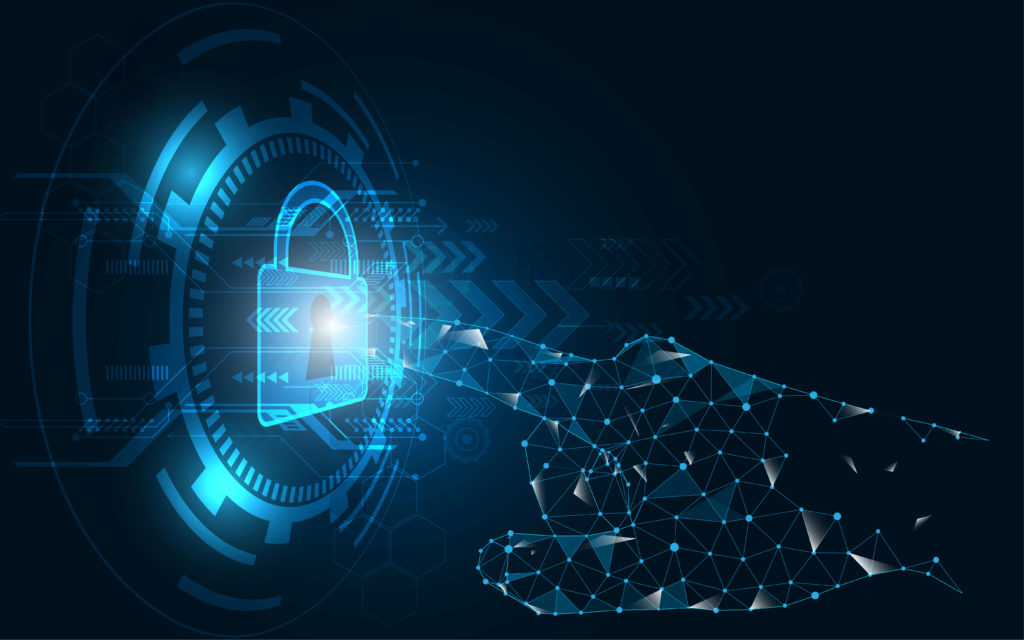
Application-level gateways (a.k.a. proxy firewalls)
An application gateway or application-level gateway (ALG) is a firewall proxy which provides network security. It filters incoming node traffic to certain specifications which mean that only transmitted network application data is filtered.
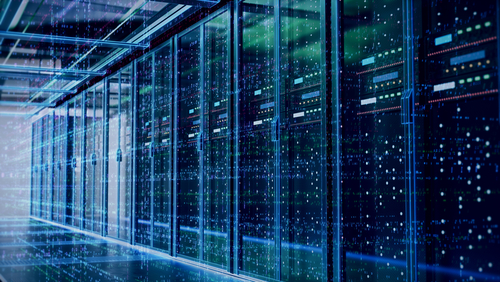
Next-gen firewalls
Next-generation firewalls are simply a more advanced version of the traditional firewall. This kind of firewall offers the same benefits as regular firewalls. Next-generation firewalls use both static and dynamic packet filtering, which ensures that all connections between the network, internet, and firewall are secure.
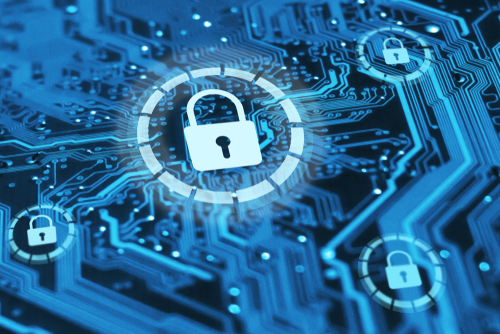
Software firewalls
Software firewalls are specialised applications designed to run on generic hardware and OSs. Containing most, if not all, of the features found in hardware firewalls, they can be a cost effective alternative, providing care is taken to harden the underlying OS and to choose the appropriate hardware platform to run on.
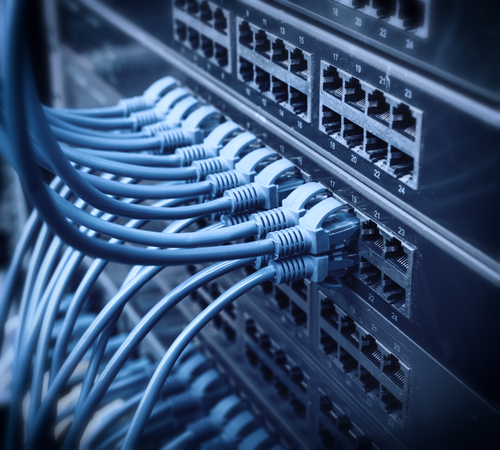
Hardware firewalls
This kind of firewall sits between your local network of devices and the Internet. A hardware firewall inspects all incoming data from the Internet, passing safe data while blocking data it suspects is dangerous.
Due to the complex nature of hardware firewalls, they require expert setup. This can be expensive and is most suitable for businesses with a dedicated IT department.
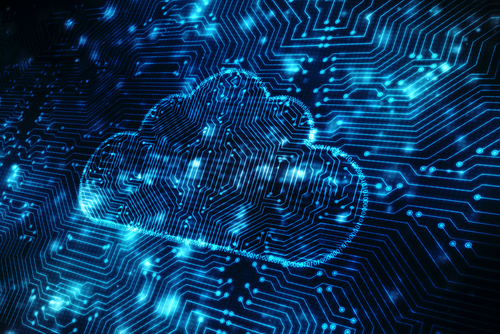
Cloud firewalls
Cloud eliminates the expense of buying hardware.
Cloud firewalls are software-based and can block unwanted access to private networks. This modern version of a firewall has been designed for modern business needs and can sit within online application environments.
Which firewall is right for my business/organisation?
This is a question that only your business can answer.
Choosing between different firewall types can be difficult. Depending on its size, your organisation may need to use multiple firewalls to create strong network segmentation, but in some cases, it may only be required for your organisation to implement one – everyone is different.
If you are purchasing firewall hardware or software products, it is vital that your firewall performs the following screening tasks:
- Screening that blocks any incoming data not specifically ordered by a user on the network
- Screening by the address of the sender
- Screening by the contents of the communication
This type of screening levels acts as a process of elimination and determines whether the incoming transmission should be accepted or rejected.
Staying cyber safe with firewall protection
Although firewall protection is essential as a first-line defence for cyber security, it is important that you protect your data and devices in other ways:
- Avoid clicking on links or opening attachments from accounts that you do not know or recognise. This could be a hacker and you could be giving them access to your device.
- Make sure your business has a Bring Your Own Device (BYOD) policy in place – this will help your management team to establish rules and procedures for bringing personal devices into the office. It will also help to reduce the level of risk that personal devices pose to the company network.
- Always reset default passwords, and make sure your devices are up to date with the latest manufacturer updates.
- Following Cyber Essentials five key controls, that are recommended by the UK government.
Following the tips above and choosing the right firewall protection for your business will put you one step closer to keeping your data and devices secure.
What is Cyber Essentials?
Firewall protection is just one tick on the Cyber Essentials Ready Checklist.
Cyber Essentials Online enables organisations to be certified independently for having met a good practice standard in cyber security and protects businesses from around 80% of cyber attacks as simple security controls must be set in place for certification.
Cyber Essentials certification will enable you to showcase your organisation’s credentials as trustworthy and secure when it comes to cyber security.
It will help you grow your business and win more contracts – the Government has mandated that all suppliers must be compliant with the Cyber Essentials controls if bidding for government contracts which involve handling of sensitive and personal information and provision of certain technical products and services. Therefore, if you’re looking to bid for these contracts, you must hold Cyber Essentials certification.
Protect your organisation and grow your business today. Learn more about Cyber Essentials.
